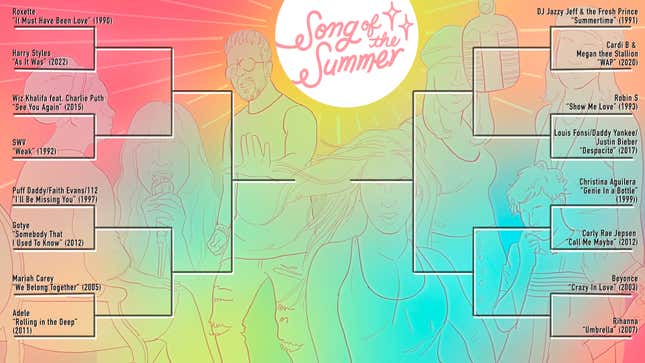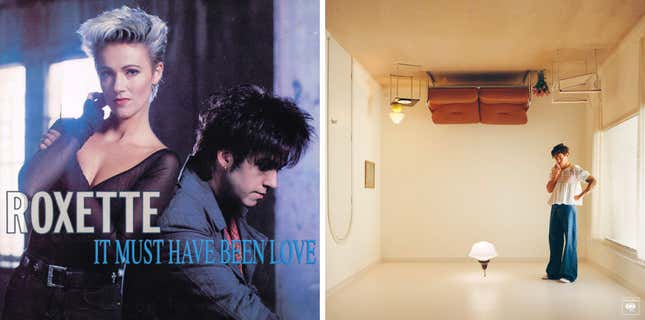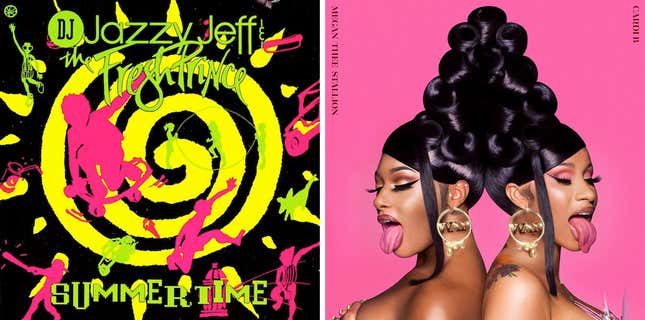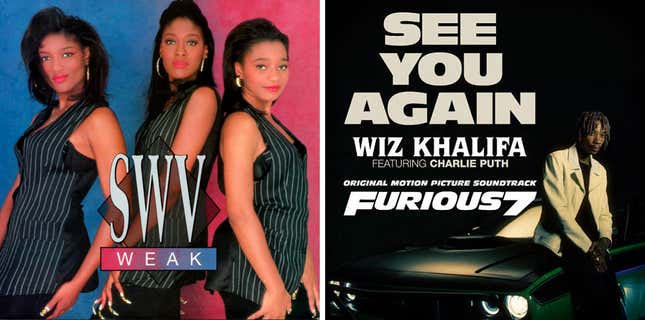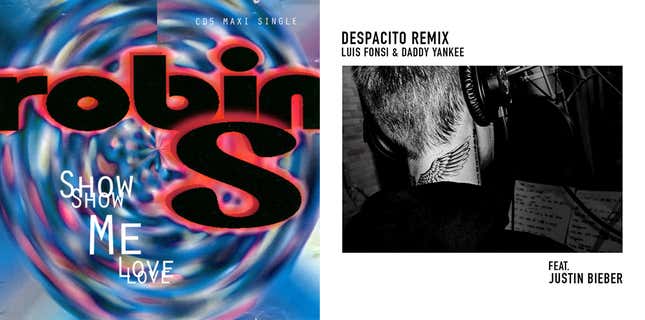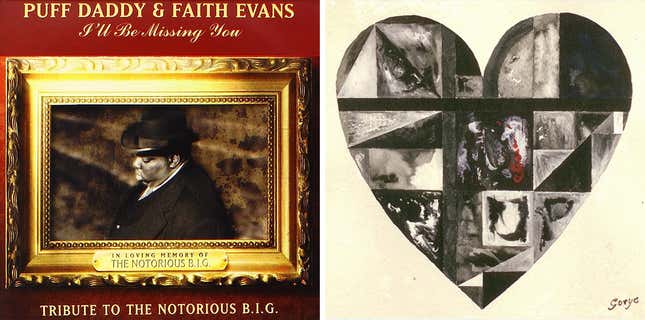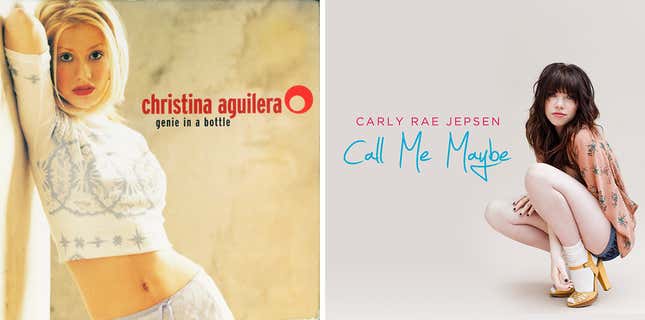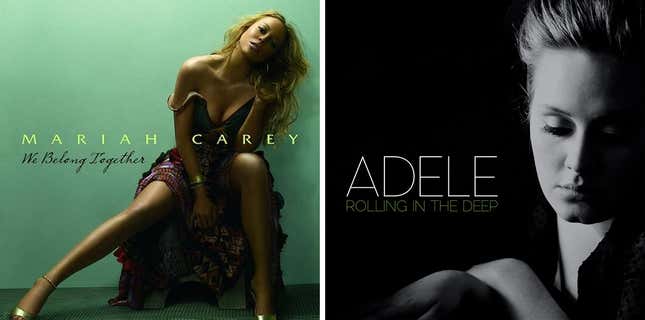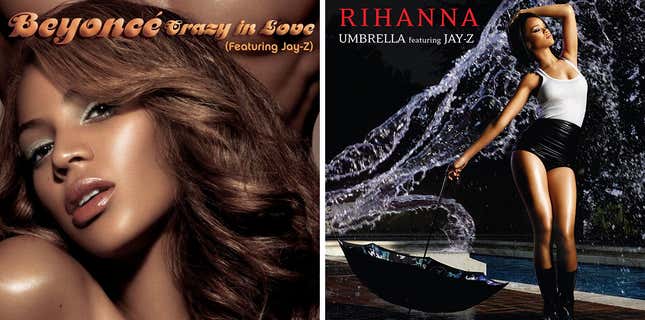Is the Ultimate Summer Bop Happy or Sad? Welcome to Jezebel’s Song of the Summer Tournament
At last, a scientific way of answering the eternal question: Are uptempos or ballads the most summer friendly?
EntertainmentMusic-

-

-

-

-

-

-

-

-

-

-

-

-

-

-

-

-

-

-

-

-

-

-

-

-

-

-

-

-

-

-

-

-

-

-

-

-

-

-

-

